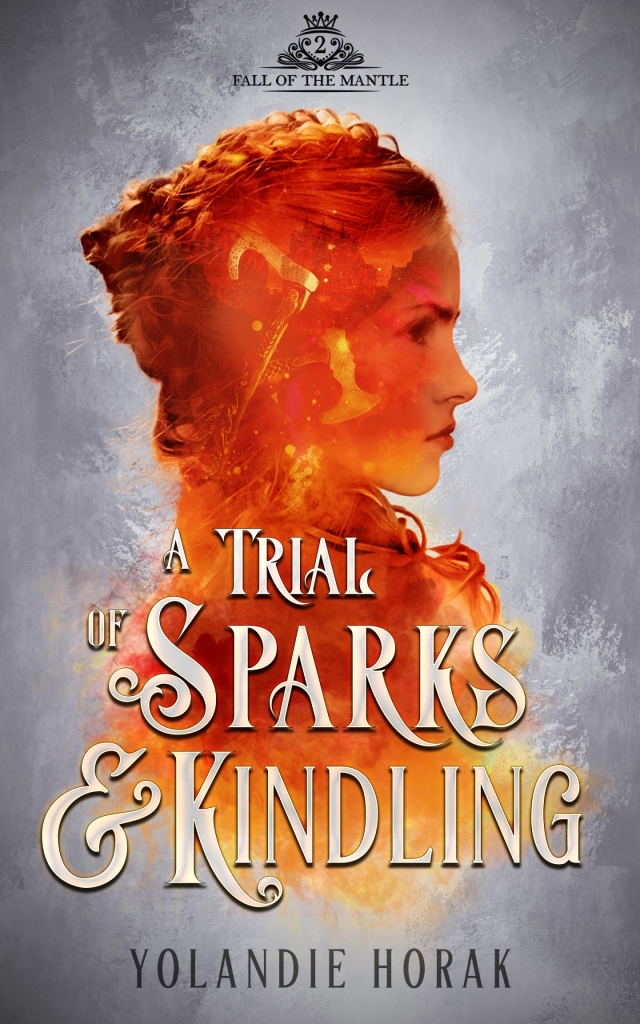The internet. A place of abundance. You can learn almost anything on YouTube or blogs. Unfortunately, many of these instructional sites will just as easily help you fail as help you learn. Others won’t set you up for failure, sure, but your growth process can still be stunted by bad advice.
Which brings us to today.
As these things go, there’s an abundance of writing advice on the internet. Do this, don’t do that, write like this, don’t write like that–it’s an endless tug-of-war for your attention.
Some things must be included in your work. The rules of grammar, for example. If you leave those out of your novel, stuff will probably fall apart and you’ll get more negative reviews than positive ones. If you go to a restaurant and the burger is raw, the fries have been burnt to a crisp, and the milkshake is sour, you’re going to leave a bad review too, right? You must know how to cook before you open a restaurant, and just so you must know the basics of grammar before you write a novel. Building blocks.
Suggestions on the process or style, however, are open to interpretation. And this is where the abundance of the internet comes in.
People will tell you things you must do to write a good book. And much of the advice they give will be good. For them. Or writers who work in a similar way they do.
But what I’ve learned is there’s no perfect way to do this writing thing. There are millions of books and millions of authors out there. Yet nobody can agree on which one of those books is the perfect one–the epitome of literary brilliance.
Why? Perspective. Taste. Education. Whatever.
People are different. Different people like different things. And different pieces of writing advice will or won’t work for different people.
So how do you sift through the abundance to pinpoint those things that will enrich your writing experience and the characters/world you’re building.
Trial and error, and with the help of editors or more experienced writers.
When my wonderful sensei and editor first told me I used too many filter words, I had no idea what she was on about. I followed her advice and got rid of them anyway. After all, I wanted to learn how to write well and how to draw in the reader with deep point of view (POV). Since then, I’ve learned loads about deep POV, and I finally understand why it draws in readers so much more than a shallow POV. And this point was illustrated when I recently read some books with WAAAAAY too many filter words–a fact that separated me from the character and also annoyed me endlessly.
This is why, IMO, the advice to get rid of filter words is good advice. But the fact remains I had to learn this by first screwing up and having someone with more know-how guide me to a solution.
If you’re lucky enough to be a part of a tight writing community, talk to people with more experience about writing advice before you follow it. Learn from their mistakes and experiences.
If you’re not part of that community, read through the comments on various sites offering writing advice. Most of the time, the hive-mind will lead you in a direction either in favour of the advice or against it.
If all else fails, trust your gut. Your inner radar should be able to guide you away from truly bad advice.
Some people will tell you the only way to write is by plotting out your novel meticulously. Others will tell you to wing it. There are large groups of super famous authors in either camp.
When we look at the process honestly, though, most of us fall somewhere in between planning or pantsing. We’re all hybrids. 🙂 I wasn’t joking when I said there’s no right way to do this. The only way to write is to sit down your arse and write.
Find what works for you.
Yolandie





One response to “On Writing Advice”
[…] On Writing Advice […]
LikeLike